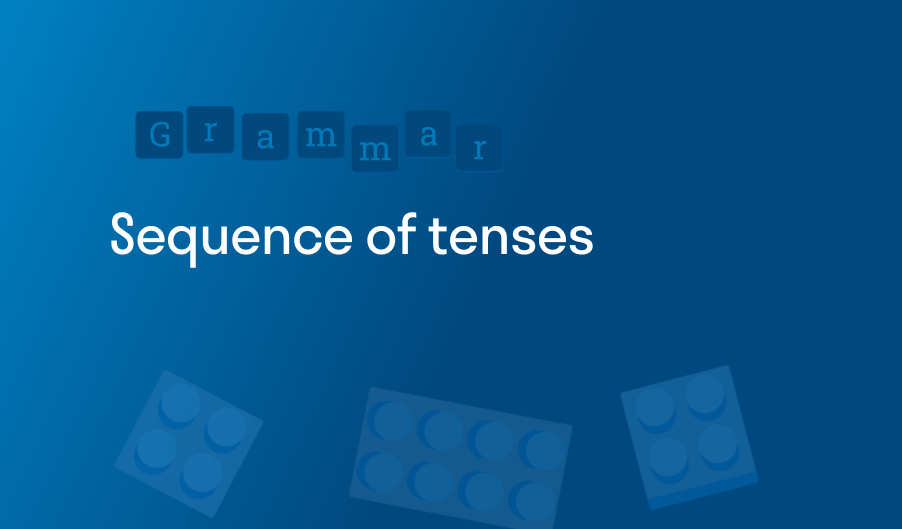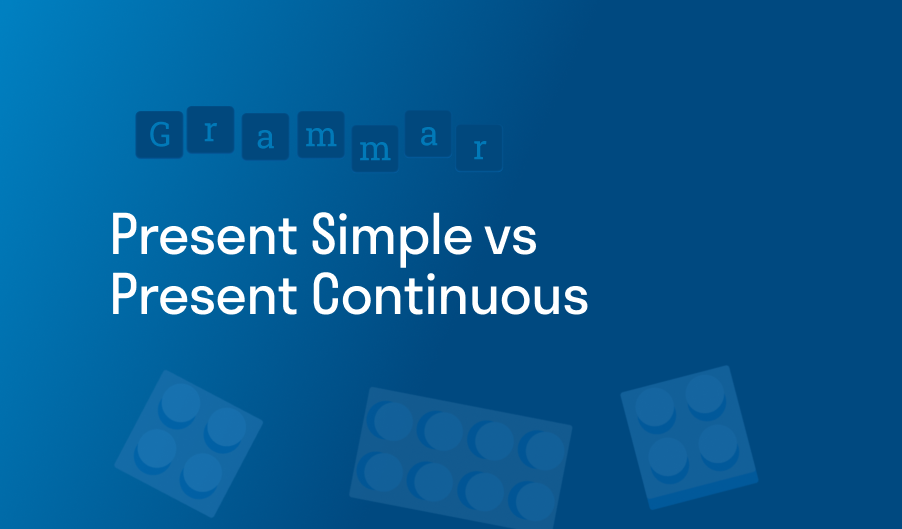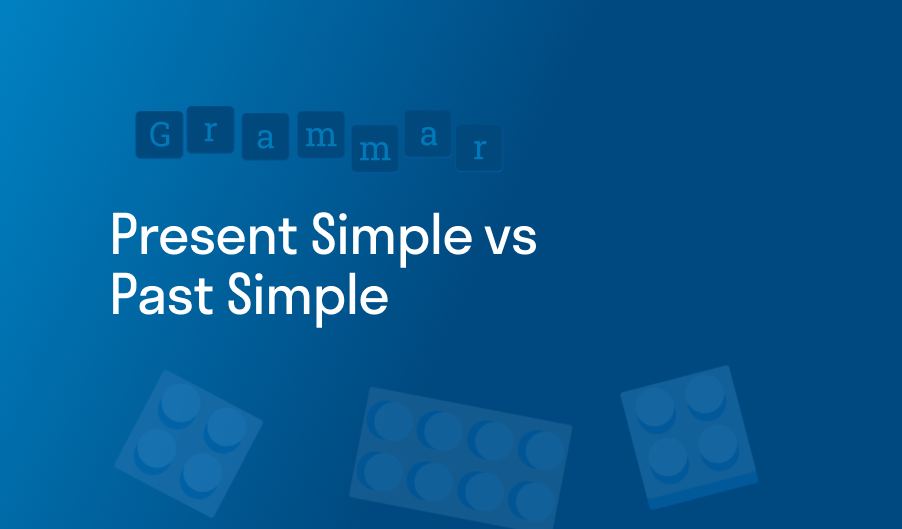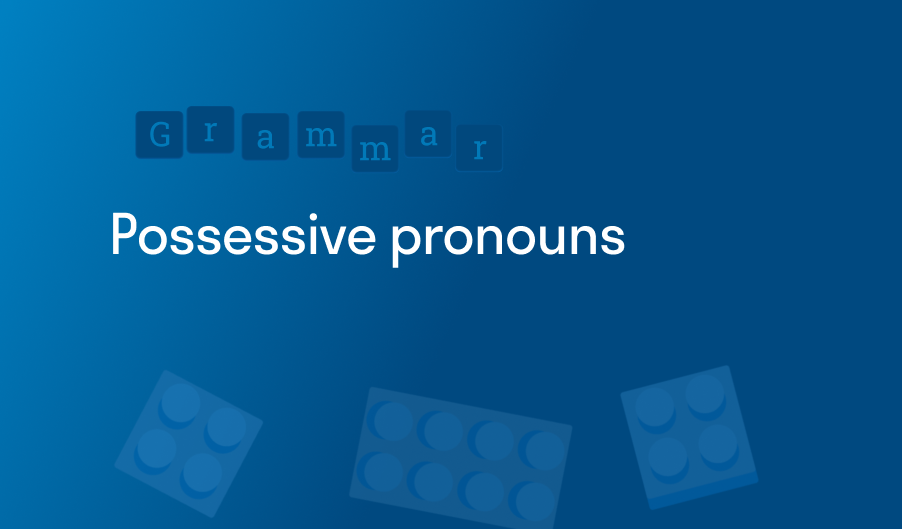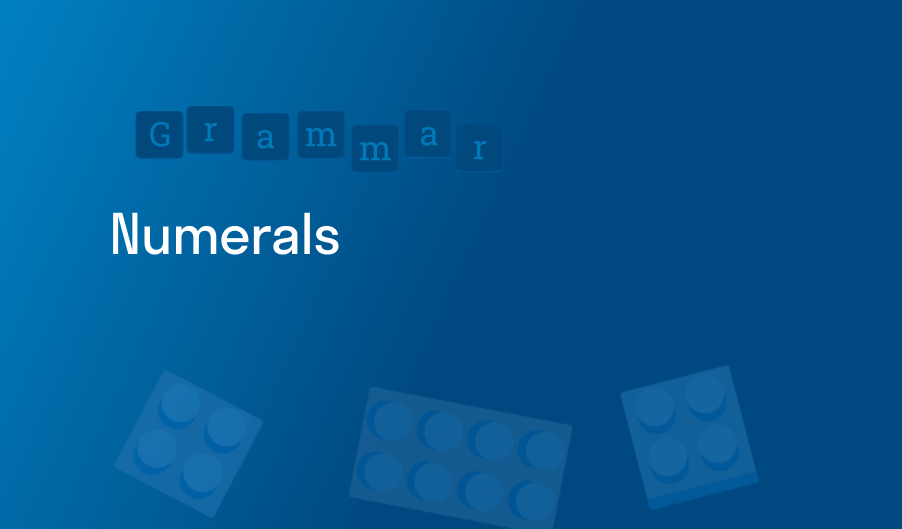Упражнения на времена в английском языке
Tenses
We use the Present Simple:
1) For
2) For
3)
4)
5)
6)
7)
We use the Present Continuous:
1) For
2)
3) For
4) For
5) For
Stative verbs do not usually have a continuous form: like, love, hate, want, know, understand, think, believe, have (possess), etc.
We use the Present Perfect:
1) For
2) For
3) For
4) For
5) For
We use the Present Perfect Continuous:
1)
2)
3)
4) To show that we are
I
I'm an artist. I
The students
I
We use the present simple
1.1. For
1.2. For
1.3. For
1.4. For
1.5. For
1.6. For
1.7. For
We use the Present Continuous
2.1. For
2.2. For
2.3. For
2.4. For
2.5. For
Stative verbs do not usually have a continuous form: like, love, hate, want, know, understand, think, believe, have (possess), etc.
We use the present perfect
3.1. For
3.2. For
3.3. For
3.4. For
3.5. For
We use the Present Perfect Continuous:
4.1.
4.2.
4.3.
4.4. To show that we are
- This bookshop opens at 10 a.m.
A B C D E F G - Joan has been writing her essay for more than two hours already.
A B C D E F G - Water boils at 100 degrees Celsius.
A B C D E F G - Hey! What are you looking at?
A B C D E F G - Your package hasn't arrived yet.
A B C D E F G - I've never travelled abroad by train.
A B C D E F G - I'm living in my parents' house now. They need my help with the renovation of the first floor.
A B C D E F G
-
My sister
doesn't drink does not drink Lana has been packing 's been packing -
Josh is busy. He is watering 's watering -
Mike has finished 's finished He's ready to go now. It usually takes Tess has been -
Billy is preparing 's preparing He won't join us. I never work -
I have never tasted 've never tasted I think it's disgusting.
(Choose the correct options to talk about the future)
-
Bella
works is working will work Usually she works in London. Bob passes is about to pass is going to pass -
Hurry up, John! The bus will leave is about to leave leaves -
Megan, let's go! The shop will close is about to close closes -
Wait a minute, Mum! I am to help will help am helping
(Match two parts of the sentences)
(Choose the correct grammar form for each gap)
In our country, Middle East cuisine is rather popular.
(Put the elements into the gaps)
-
The accident
two hours ago. When I entered the room, my sister peacefully on the sofa. By the time you woke up, I all of my housework. The boy for half an hour when his father came home. She didn't know what and was very confused. I my breakfast when you suddenly called me. I the dinner, a note for my mum and . She asked me if I insects.
Last Monday I have received an unexpected letter from my old penfriend. We used to be spend our summer holidays at the seaside. I had just finished packing bags when Jimmy had came. Margarette was looking at Jill and been thinking what to say. He had put his keys onto the desk, smiled at her and left the room. The doorbell was ringing for several minutes, but no one had opened. She was had been looking for him for years and always believed he was alive.
(Read the text.
Bella is 30 and she is pregnant.
Mrs Kaplan is an old lady who
(Cross out one incorrect word in each line)
Have you already been read "Crime and Punishment"? My parents always does buy some crisps for evening movies. Can you hear our neighbours? What are they been talking about? She started to prepare a week ago. She has been to studying for all this time. What are you have doing? We'll be late! How long do have you been working with your dad? For four years. I must go now. It's getting to late. Has she already presented her new book yet? My parents have been cutting the grass for since two hours. I hope they will finish soon. They are always arguing! It's not so annoying.
(Put the verbs in the correct forms)
-
Alison loves travelling.
She is travelling around Asia at the moment. She started her trip two months ago. She has been travelling for two months. She has been traveling for two months. She's been travelling for two months. She's been traveling for two months. She has visited four countries so far. She's visited four countries so far. -
Thomas is a football player. He began playing football when he was seven years old. This year he is a national league champion again—for the second time. He has won the national championship for two times. He's won the national championship for two times. He has been playing football since he was seven. He's been playing football since he was seven. -
When they left school, Anna and Mary started writing a book together. They are still writing books for children. They have already written three books. They've already written three books. They have been writing books since they left school. They've been writing books since they left school. -
Emily started reading a schoolbook four hours ago. She is still reading now. She has been reading for four hours. She's been reading for four hours. She has already read 132 pages. She's already read 132 pages.
(Choose the correct options)
-
The train
leaves is leaving will leave Sarah and Jorge will have are going to have have The news says it is going to snow will snow snows On Friday at 10 o'clock I will meet am meeting is going to meet Probably, Kate will bring is going to bring brings Jack and Jill are going to see will see are seeing On Friday the English class will start is going to start starts
Еще упражнения по английскому языку
Отзывы
Авторизуйтесь,
чтобы оставить отзыв
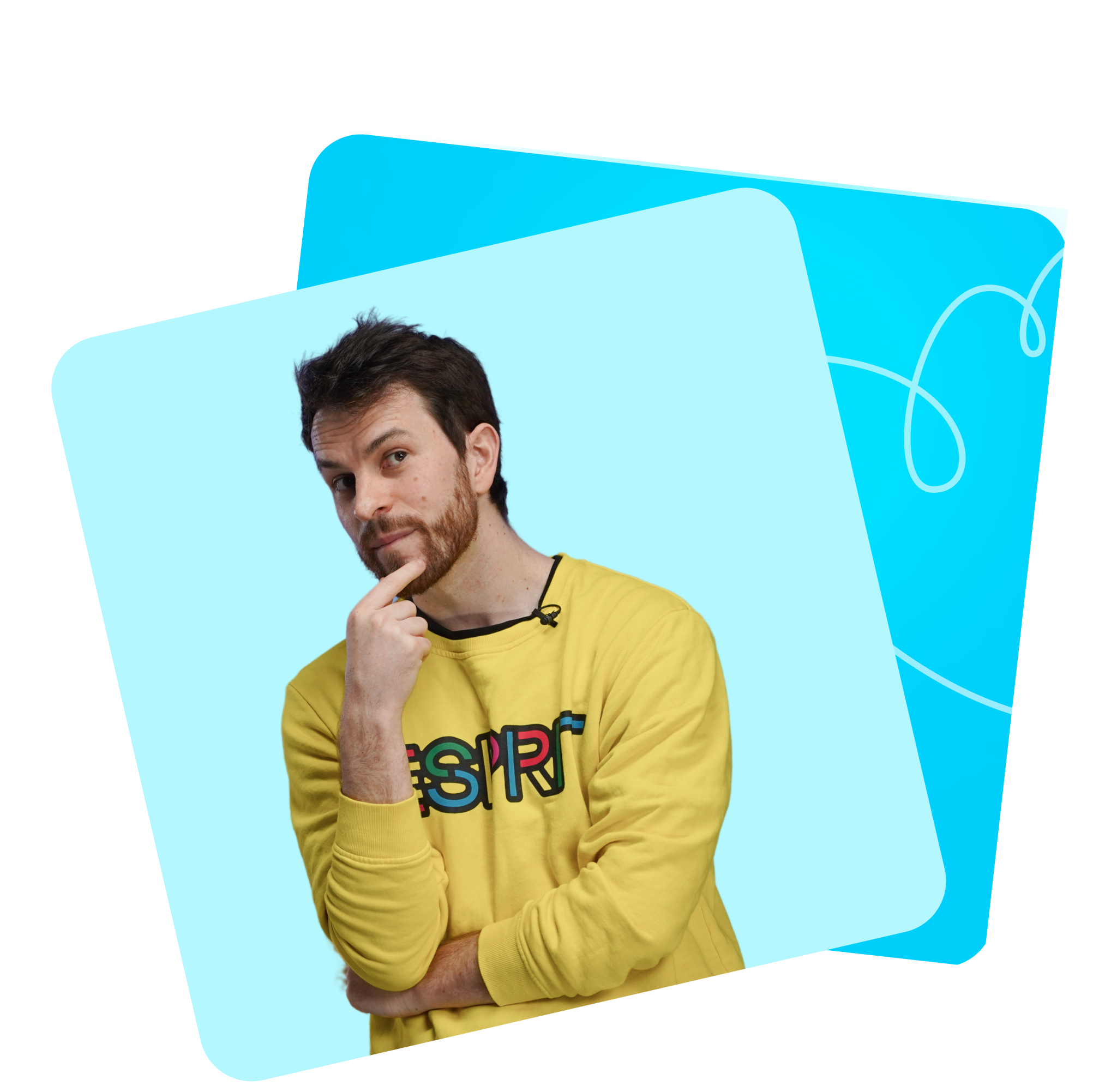

Пройдите бесплатный вводный урок
Ответы на частые вопросы
Не нашли ответа на свой вопрос — напишите нам
Это бесплатные упражнения?
Да, все упражнения в этом разделе бесплатны.Как выполнять упражнения?
В этом разделе мы собрали интерактивные задания с разными механиками выполнения, поэтому ориентируйтесь на инструкции, которые приведены в начале каждого упражнения.Сколько времени нужно уделять упражнениям, чтобы получить результат?
Мы рекомендуем заниматься английским хотя бы по 15–20 минут каждый день, выполнять задания на разные навыки и обязательно практиковаться с преподавателем или англоязычными друзьями — и тогда результат не заставит себя ждать.Я изучаю английский совсем недавно. Подойдут ли мне упражнения?
Да, в этом разделе вы найдете задания для всех уровней английского языка, от начинающего до продвинутого.Как мне узнать свой уровень английского?
Вы можете узнать свой уровень английского за 15 минут, пройдя наш интерактивный тест. В конце вас ждут приятные подарки.

